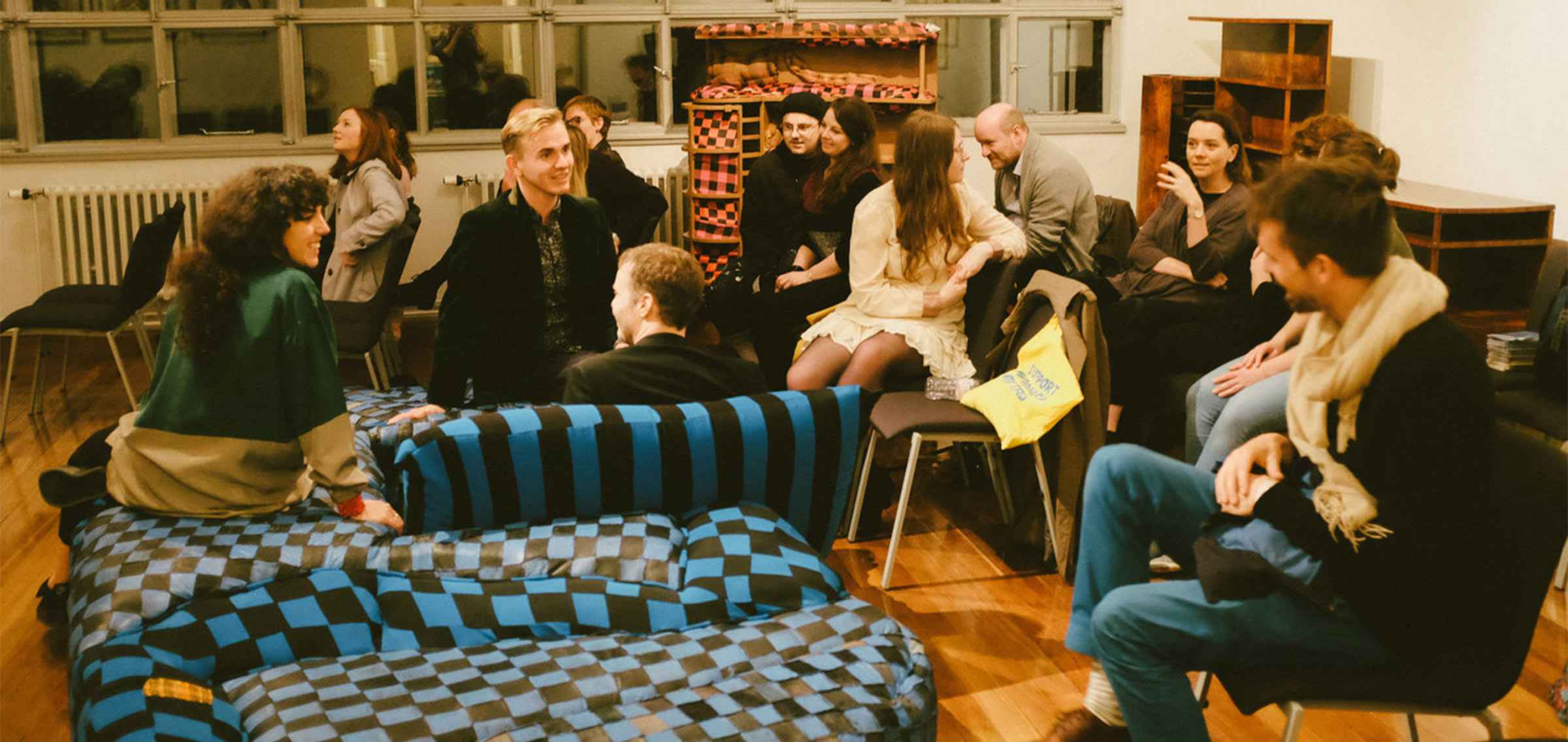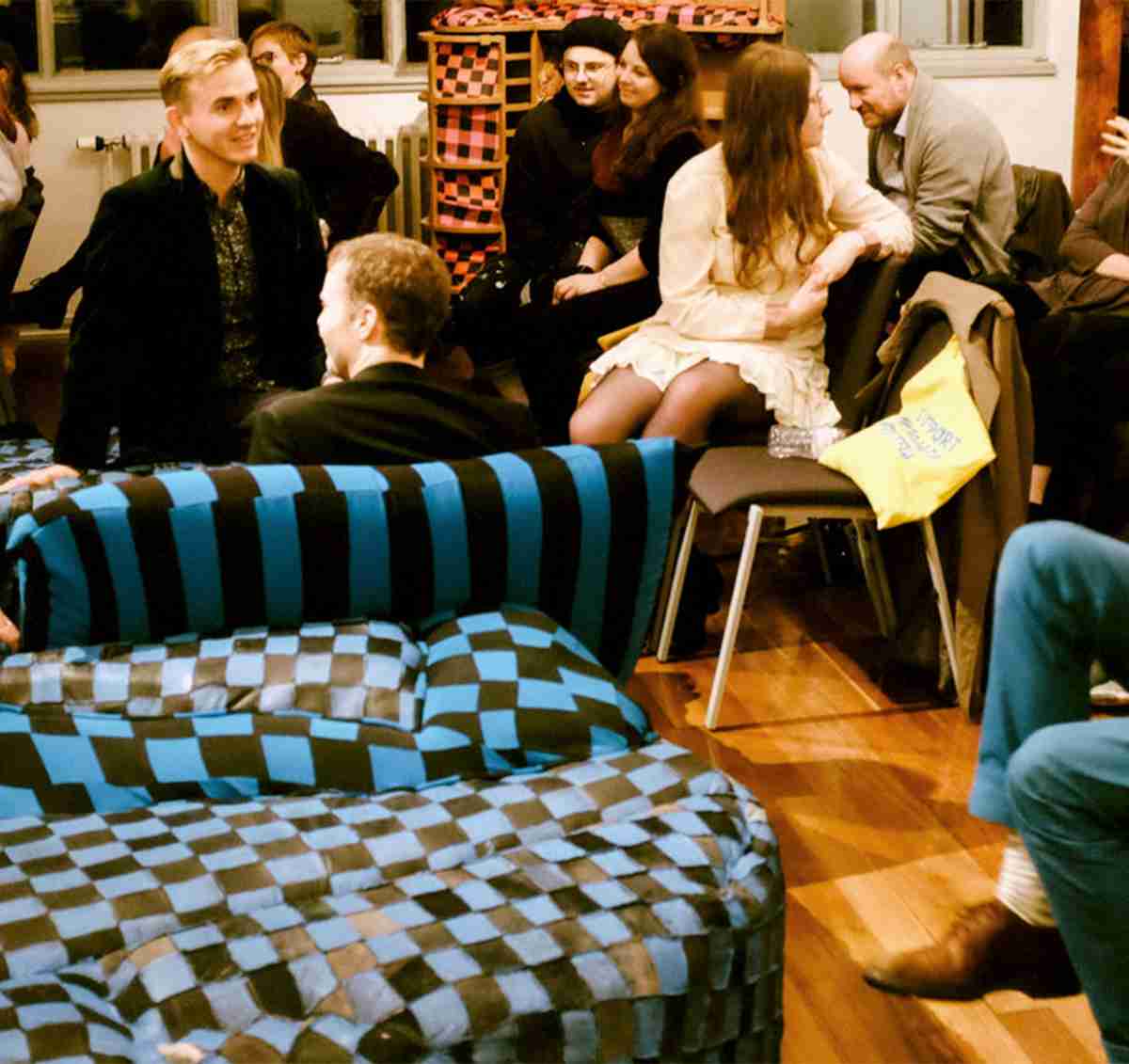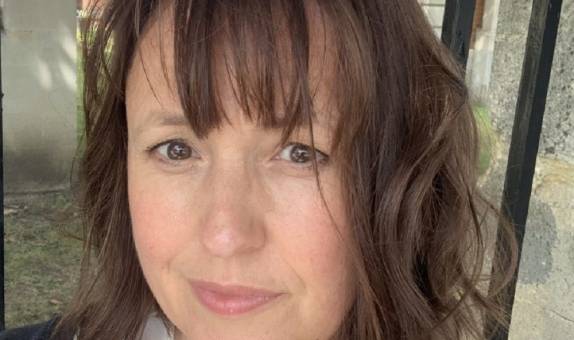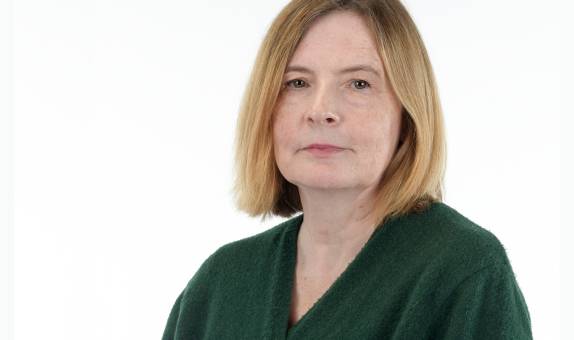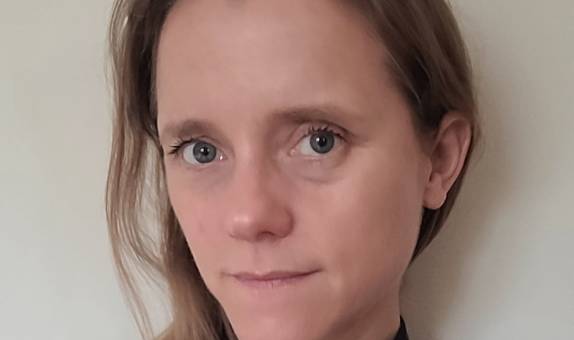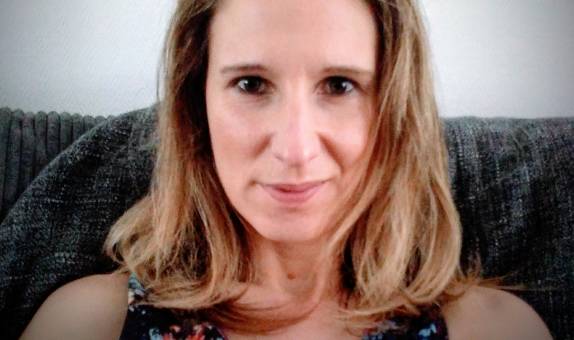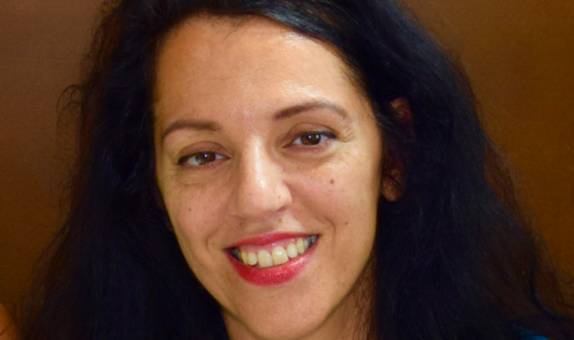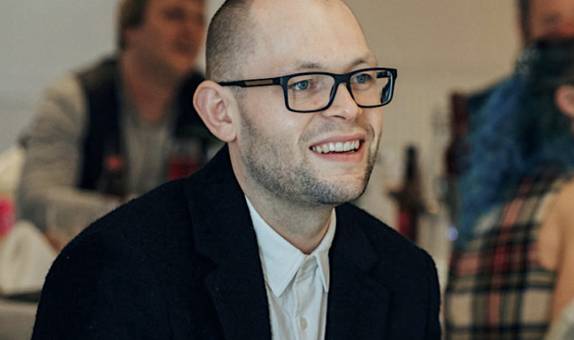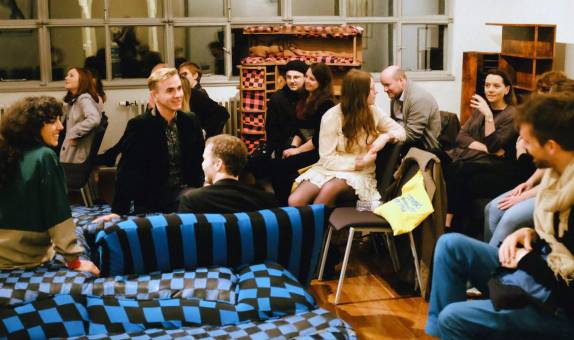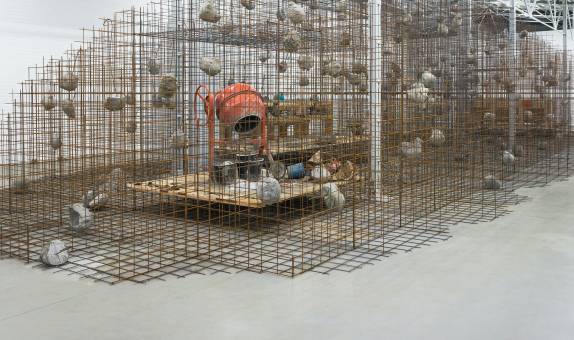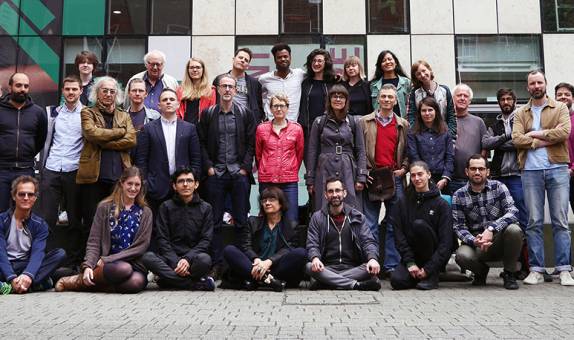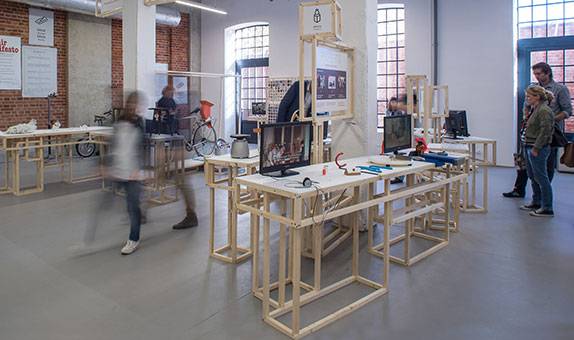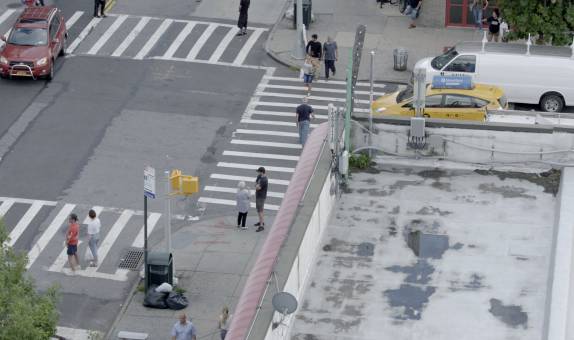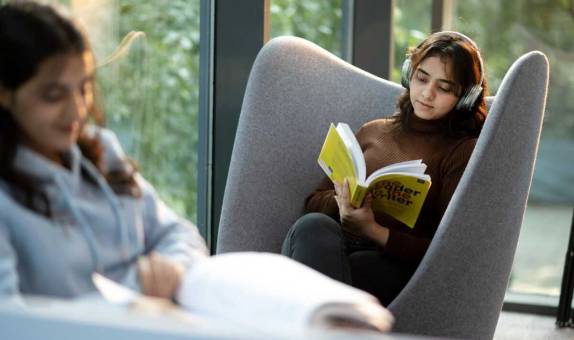Project Story
Welcome to Project Story
Project Story is an interdisciplinary group of researchers, educators, and practitioners with an interest in narrative and storytelling.
About Project Story: mission and goals
Enhancing research activities and environment
Project Story is a collaborative, interdisciplinary group which brings together researchers who:
- study narrative and the power of storytelling
- use storytelling in their research methodology
- use research help others tell their stories.
Curriculum development
The ability to tell your own story and the story of others is integral to developing empathy, self-awareness, and resilience. It is a skill that sits at the heart of creative problem solving and enterprise activities, and, as such, we consider storytelling to be central to the Future Skills agenda. A key goal of Project Story is to develop and share resources and good practice for integrating narrative and storytelling skills into the curriculum across disciplines and at all levels.
Knowledge exchange
Kingston's interdisciplinary expertise and skills in storytelling and narrative are valuable resources for collaborative partners, industry, and the third sector. A key goal of Project Story is to develop, support, and promote knowledge exchange activities within the local community and beyond.
Current projects
Stories of Unsettlement
Our contemporary moment is defined by myriad crises, from the climate emergency to the ongoing effects of the Covid-19 pandemic, and from population displacements to various hot and frozen conflicts. The concept of 'Unsettlement' not only articulates the pervasive instability affecting global societies but also characterises the experience of persistent and manifold disruptions that increasingly defines human life, albeit in uneven ways.
The Project Story team present a major collective research project, ‘Stories of Unsettlement'. This project, which will draw together researchers from across the Arts and Humanities, aims to identify, examine, harness and develop storytelling practices that engage with Unsettlement.
The project is organised into two main sub-themes: ‘Crisis Stories: Reading and Telling', and ‘Recovering from Unsettlement'. The first component will offer typologies and analyses of stories that respond to crises – environmental, medical, political and economic. It will also appraise how states of Unsettlement have left some narrative strategies in crisis – including ones central to academic discourse – while fostering others. The second component will deploy modes of reading, writing and listening as a means of recover from the Unsettlement of our age.
Contact information
To find out more and get involved contact:
- Kate Scott, Associate Professor
Email: Kate.Scott@kingston.ac.uk - Sara Upstone, Professor
Email: S.Upstone@kingson.ac.uk
